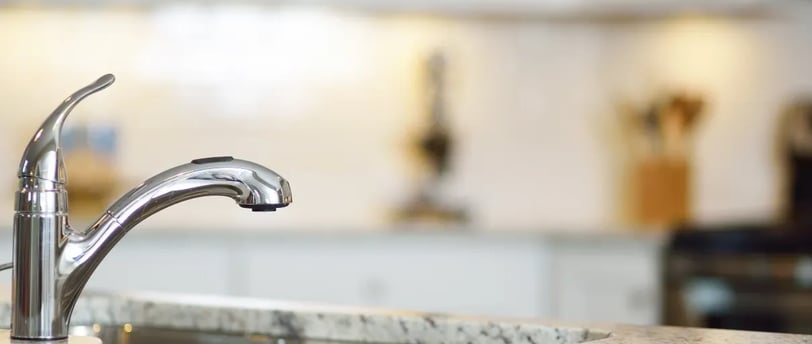Can you put coffee grounds down the sink?
5/29/20234 min read


Coffee grounds are the leftover bits of coffee after you've brewed a cup. They're made up of roasted beans, water and other ingredients such as oils and minerals. Coffee grounds can be used for many things, including fertilizing plants and cleaning surfaces (more on that later).
Coffee grounds are also commonly used as an organic alternative to chemical drain cleaners because they have antimicrobial properties that kill bacteria in pipes by breaking down their cell walls. This helps prevent clogs from forming when you use them as a natural drain cleaner in your bathroom sink or kitchen sink drains!
Common Practices
Grinding your own coffee beans
Reusing coffee grounds
Composting coffee grounds
Benefits Coffee Grounds Down the Sink
Coffee grounds are great for cleaning and deodorizing your sink. They can also be used as a natural exfoliant, which will help remove build-up from your drain pipes.
Coffee grounds have been shown to be effective at reducing odors in drains, so they're perfect for keeping your home smelling fresh and clean!
Risks of Putting Coffee Grounds Down the Sink
The biggest risk of putting coffee grounds down the sink is that it can clog up your pipes. If you have a garbage disposal, the grounds may build up in there and cause problems later on.
Coffee grounds are also known to attract pests like ants and cockroaches, which can be very annoying if they start coming into your home through the drains!
Finally, if you don't collect all of the coffee grounds from around your sink every day (or even just once a week), then it's likely that some will end up floating around on top of water or stuck in corners where they won't be washed away easily--and these small pieces can create an unsightly mess when combined with soap scum or other gunk from inside pipes over time!
DIY Solutions
Run hot water down the drain. This will help loosen up any clogs and get them moving toward the pipes, where they can be scooped out with a plunger or snake.
Use a plunger to push down on the clog and force it through the pipe. Plungers come in different sizes; if you have one that's too small for your drain, try using two plungers at once--one at each end of your sink (or tub). You may also want to consider using Drano if this doesn't work after several attempts.* Use a drain snake/ auger if you're unable to clear out your clog with a plunger or other DIY methods.*
Professional Solutions
Video inspection. A plumber use a camera to look inside your drain and see whether or not there are any clogs. This is a great option if you're just looking for an estimate of what's going on with your pipes, but it's not something that will necessarily fix the problem.
Hydro-jetting (also called water jetting). This involves sending pressurized water into your pipes to break up clogs and push them out of the way so they can be removed by hand or machine later on. The downside is that sometimes this method can cause damage to other parts of the system--and sometimes even result in flooding!
Rooter service/sewer line replacement: If there really is no hope for saving your sink drain, then it may be time for an entire new sewer line replacement job instead!
Preventative Measures
To prevent clogs, you should avoid pouring grease down the drain and regularly inspect your pipes. You also a drain strainer to catch food particles before they get stuck in the pipes.
Alternatives to Putting Coffee Grounds Down the Sink
There are some great alternatives to putting coffee grounds down the sink.
Composting: If you have a compost pile, it's a great way to use up old coffee grounds. They'll break down quickly and provide nutrients for plants when added to soil.
Reusing in Recipes: If you don't have access to a compost pile or garden, consider using them in recipes instead! Coffee grounds can be used as an ingredient in baked goods like brownies or cookies (just substitute 1/2 cup of flour with 2 tablespoons of ground beans). You can also add them into smoothies or sprinkle them over salads for extra flavor without having to worry about disposing of any leftover messes later on down the road.
Using Them As Fertilizer: If none of these options seem appealing enough then try using fresh ground beans directly on top of your lawn or garden beds instead--they make excellent fertilizer because they contain nitrogen which helps plants grow strong roots while also providing some much-needed moisture during dry periods throughout summertime months where temperatures tend rise above average levels often causing drought conditions around most parts North America."
Conclusion
The truth is, coffee grounds can be a good thing for your sink. But you need to be aware of the risks and benefits before you go down that path. If you're unsure whether it's right for your situation, consider alternatives like composting or recycling instead.
If none of these options work out for you, you can contact a professional plumber who can help assess the situation and make recommendations based on their experience working with sinks like yours in the past.
